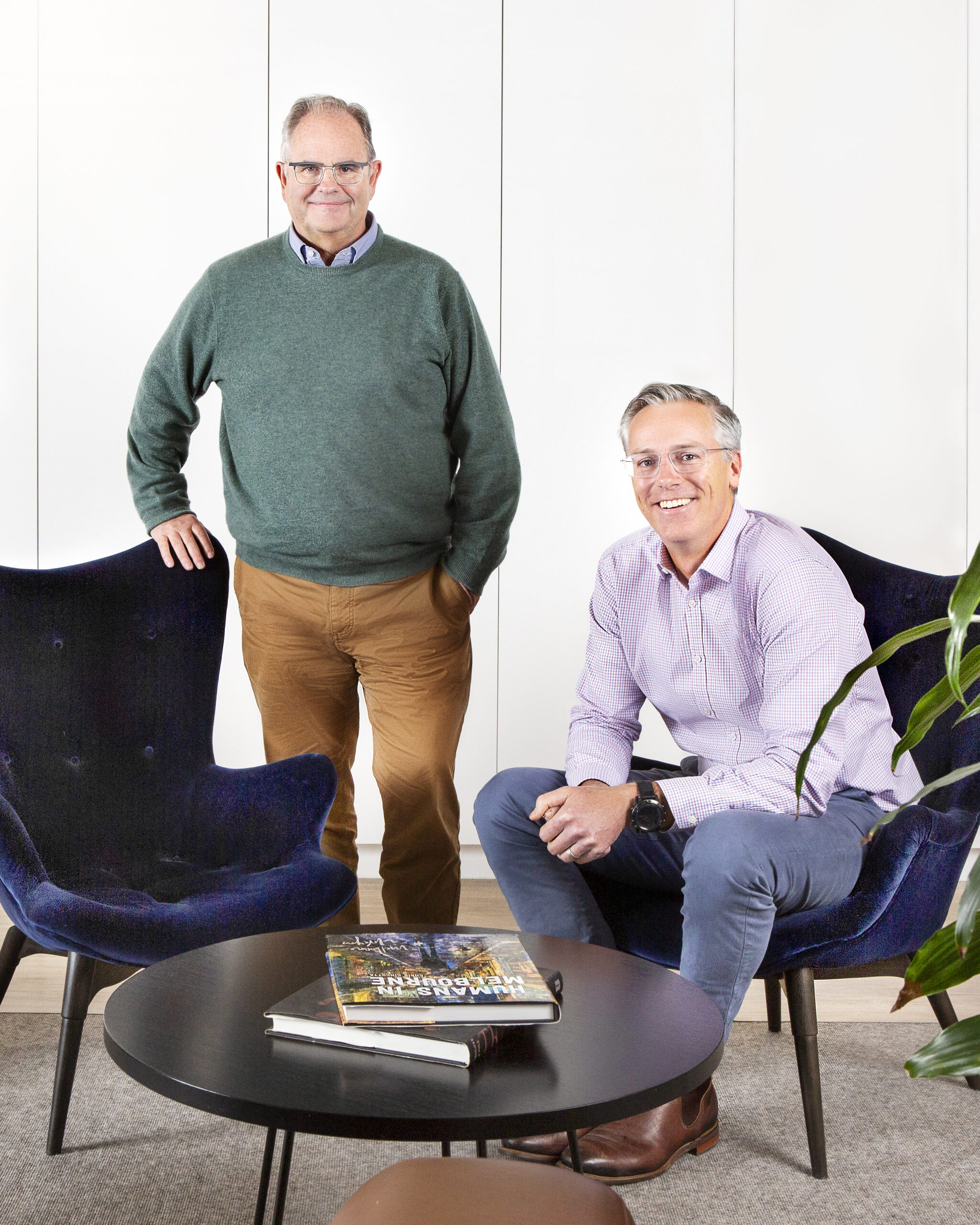
Life sciences venture firm Brandon Capital has achieved a first close of $270 million for its sixth fund.
The Melbourne-based firm launched fundraising for Brandon Capital Fund VI (Brandon Biocatalyst 6) with a target of $350 million. Fundraising is continuing, primarily targeting local and overseas institutional investors.
Like its predecessors, the new fund will support the growth of Australian and New Zealand life science start-ups and invest in scale-ups. Expanding Brandon’s international presence, particularly in the UK, Europe and the US, is also included in the mandate of the new fund.
Fund VI is backed by existing limited partner (LP) investors, including industry super funds HESTA and Host Plus, as well as new investors including global biotech company CSL.
Brandon Capital’s strategy focuses on making initial small investments in early-stage innovations with strong scientific and commercial potential. The firm then provides critical support, management assistance and further investment to those that show the most progress to propel them through early growth stages.
Managing partner Dr Chris Nave said the effectiveness of the strategy had been illustrated most recently by positive late-stage clinical trial results from portfolio companies Azura Opthalmics, Certa Therapeutics, Catalym, EBR Systems, George Medicines and PolyActiva.
London-based partner Dr Jonathan Tobin said: “With the new fund we will continue to support and build our international portfolio. Brandon Capital has built several exciting European biotechs from our last fund, including successful start-ups Myricx Bio, Pathios, NRG Therapeutics and Pheon Therapeutics; and scale-up rounds including Catalym and Astronautx.”
Healthcare sector superannuation fund HESTA has a focus on investing in healthcare that should also generate strong long-term returns for its members, chief investment officer Sonya Sawtell-Rickson said.
“This latest investment builds on a long-standing partnership that aims to provide strong long-term returns to members since our initial investment in Brandon Capital’s first fund in 2008,” she said.
“Through our life sciences investments, we’re supporting innovative Australian companies commercialise cutting-edge medical breakthroughs and improving health outcomes while helping create the jobs of the future in the industries where our members work.”
Hostplus deputy chief investment officer Greg Clerk said, as one of the biggest Australian investors in start-ups and new technologies, Hostplus looked forward to supporting Brandon in funding further innovation in medical therapies that would also optimise retirement outcomes for Hostplus members.
Brandon has raised more than $1 billion over its prior funds and has made more than 60 investments. The firm has achieved successful exits to major pharmaceutical companies. These have included Fibrotech, acquired for an initial $US75 million by Shire in 2014; Spinifex, acquired by Novartis for an initial $US200 million in 2015; and Elastagen, acquired by Allergan for $120 million in 2018, Agreed earn-outs may have increased returns on some of these exits. Meanwhile, Brandon is believed to have achieved a recent exit which the acquirer is yet to announce.
In addition to Melbourne, Brandon has offices in Sydney, San Francisco and London and representation in New Zealand. Many of the firm’s initial investments are sourced through its Brandon BioCatalyst network which includes more than 50 Australian and New Zealand medical research institutes and hospitals.
Image: Brandon Capital Sydney-based partner Dr Stephen Thompson and Melbourne- based managing partner Dr Chris Nave.

